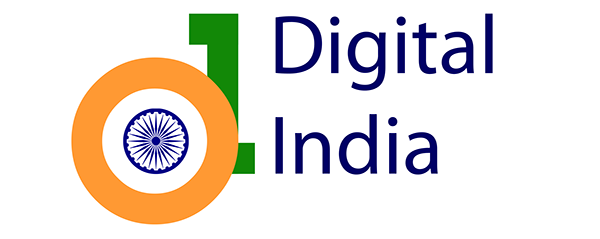Cybersecurity & Standards, Free Expression, Government Surveillance, Privacy & Data
Digital India’s Impact on Privacy: Aadhaar numbers, biometrics, and more

Last week, the State Department hosted a meeting of the India-U.S. Information and Communications Technologies Working Group, bringing together government, industry, and civil society for thoughtful discussion about ICT issues between each country.
Much of the discussion focused on the Indian government’s “Digital India” initiative to promote universal connectivity, with the goal of providing every citizen with broadband connection by December 2016. In furtherance of this plan, the government is building a massive optical fiber network throughout the country, and creating 250,000 computer service centers to provide high-speed access to residents in rural areas.
As part of Digital India’s goal of providing government services to every individual, however, the government envisions a “cradle-to-grave digital identity” that is unique, lifelong, and authenticable. To accomplish this, the government plans to draw on the Aadhaar program, a controversial unique identification system that has led the Indian government to create the world’s largest biometric database. Using Aadhaar numbers, the government hopes to digitally link every person in India to the Internet with a unique 12 digit identifier, to allow them to securely access cutting-edge tools such as digital welfare benefits and online medical services.
Digital India brings some clear benefits to the country and people: universal connectivity is an outstanding goal for individuals and industry alike. Technology can be a powerful, life-changing tool and we applaud the government’s efforts to ensure that people in rural areas have secure, high-speed access for education, commerce, health, and access to the global flow of ideas and information.
However, linking this access to the Aadhaar number brings with it significant risks. In return for secure online access to government services, citizens of India are being asked to give up vast amounts of personal information. In addition to collecting a name, birth date, and address from each participant, the government is collecting biometric information by using iris and fingerprint scanners before assigning each person his or her Aadhaar number.
This is the first time that sensitive biometric information has ever been collected on such a broad scale. Already, widespread data integrity issues have arisen with the storage of the Aadhaar data from the time of collection. How this information is protected, what is done with the data, who has access to the data, and how it will be shared between government agencies remain troubling questions in a shifting legal landscape, without further legislative guidance. It is also not clear how the Digital India plan conforms with the 2013 ruling from the Supreme Court of India that no one should be required to obtain an Aadhaar card in order to access government services.
Moreover, India has been unapologetic about its existing surveillance programs. Advocates have raised significant privacy and free expression concerns with the authority the government claims to conduct surveillance, and in 2013 the government granted itself even broader latitude to monitor citizens in a process that lacked the opportunity for open public debate or parliamentary approval.
While governments have legitimate national security concerns, increased security must not come at the cost of fundamental human rights. And given the extreme sensitivities of biometric identification data, and continued concerns over potential government misuse of individuals’ unique identifiers, it’s essential that India establish far greater protections for the digital identities and privacy of all of its citizens.
Last week’s ICT Working Group meetings culminated in an agreement between the US and India to collaborate on implementing the Digital India initiative. President Obama is traveling to India later this month to join Prime Minister Narendra Modi in the celebration of India’s Republic Day, honoring the Indian constitution. The President should take this opportunity to raise these critical privacy and free expression issues as Digital India marches forward.


